Live Captioning Information
- Throughout BugFest 2021, live captioning will be provided for all programs, with the exception of videos and movies.
- ASL interpreters are available upon request, please contact accessibility@naturalsciences.org at least 36 hours prior to the start of the program.
- Spanish captioning will be available on the NCMNS YouTube channel for all archived BugFest 2021 programs.
Friday (9/10/2021)
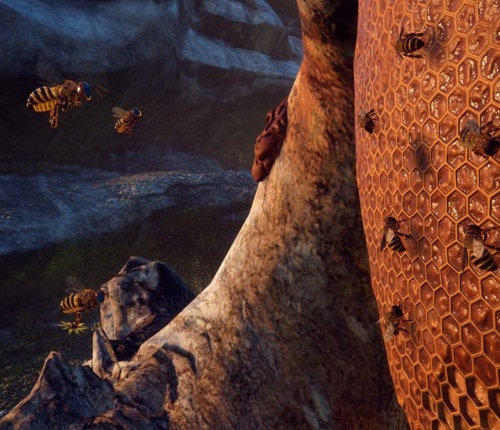
Bee Simulator lets you explore a world brimming with life in which you collect pollen, defy dangerous wasps and save your hive from pesticides, habitat loss, and pathogens. In this event, experts will play Bee Simulator and talk about how the game helps players to be much more aware of this micro world and its challenges.
Global Change Games: Bee Simulator
Monday
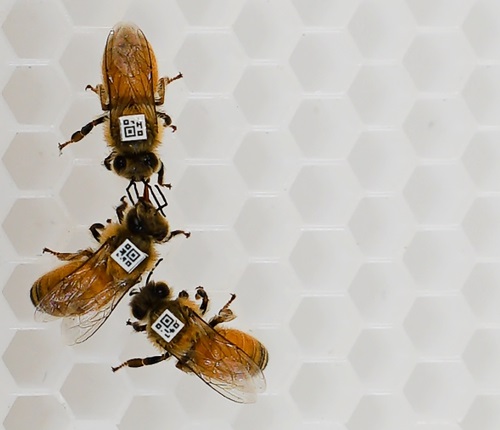
Like humans, honey bees live in huge groups, and have to deal with some of the same challenges we do. How do bees deal with diseases and how can some pathogens take advantage of densely packed bee colonies?

How Do Bees Deal With Disease? Dealing With Life in a VERY Close Family
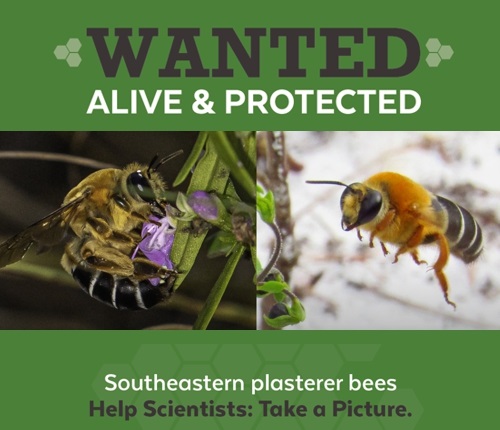
This presentation will introduce viewers to two understudied species of bees in the genus Caupolicana and how people can get involved with reporting their occurrences in North Carolina and surrounding states.

Plasterer Bees of the Southeast
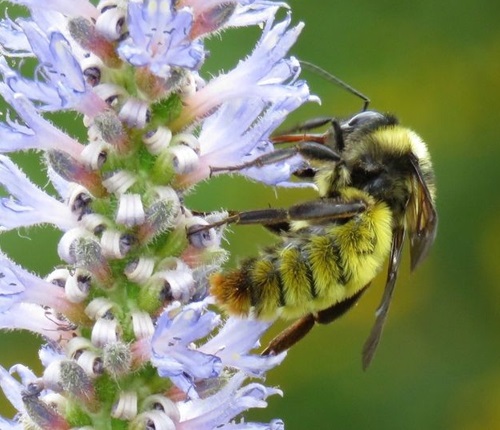
Explore the amazing world of bumble bees in our latest Citizen Science Adventure: Bumble Bee Watch! This video tutorial will cover how to tell a bumble bee apart from some other common bee types you may find, where to look for bumble bees, how to make an observation, and how to enter your data.

BugFest Video Premiere: Bumble Bee Watch Citizen Science Adventures
Tuesday
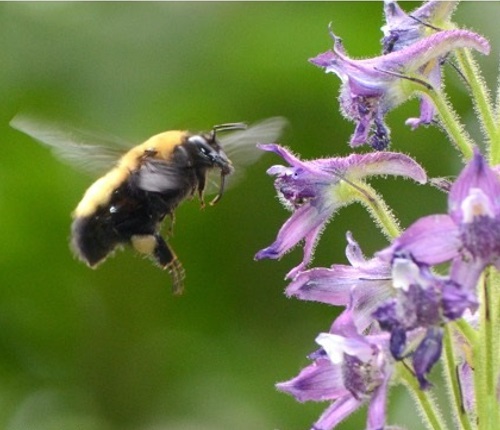
A number of stressors are driving bee declines, including parasitism. Irwin will share with you research documenting how nectar and pollen from certain plant species can be important in reducing parasitism and increasing bee health.

Floral Pharmacies for Native Bees
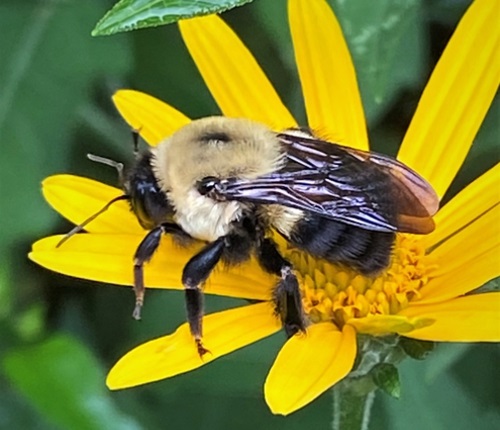
For the past decade John has enjoyed some intense gardening and attracting pollinators to his yard. Among the many insects he has documented are some fascinating hymenopterans. He hadn't realized so many different kinds could co-exist in his little yard.

Diaphanous Days: A Look at Some Bees, Wasps, and Their Look-alikes in a Piedmont Urban Setting
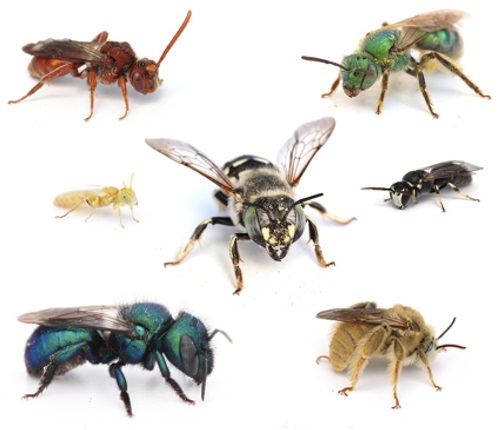
There are nearly 4,000 different kinds of bees living in North America, yet most people are only familiar with one or two. This presentation will introduce you to the diverse world of native bees and describe how these bees might be different from what you expect.

Getting to Know the Bees in Your Backyard
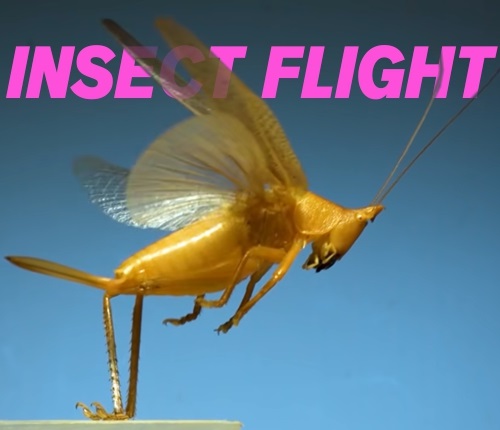
Dr. Adrian Smith will share clips and behind-the-scenes details from some of his favorite YouTube/AntLab videos published over the last year: from slow motion footage of amazing insects in flight, to the extremely fast, off-water backflips of springtails.

Bugs on Film! Behind the Scenes Look at the Insect Videos from the Ant Lab

What do crickets taste like? How about termites? Or ants? Join author Heather Alexander and Shark Tank entrepreneurs Laura D’Asaro and Rose Wang on a tasty journey of edible bugs. Explore why they’re so healthy, why kids around the world eat them for lunch, and how changing food choices will help slow climate change.

Eat Bugs!
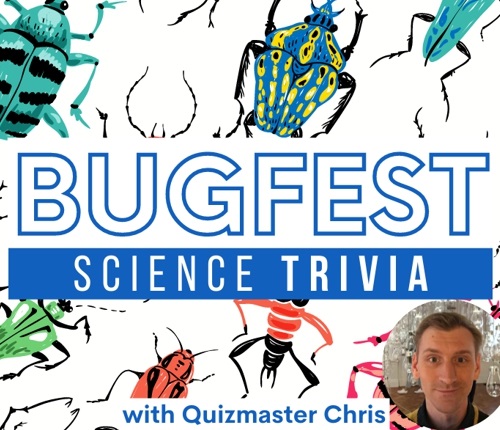
On September 14, join Quizmaster Chris for this special edition of Virtual Trivia Tuesdays: BUGFEST, where the game will be all about arthropods. Investigate insects, beat-le the competition, fly to the top of the scoreboard and win!

Virtual Trivia Tuesday: BugFest Edition with BASF
Wednesday
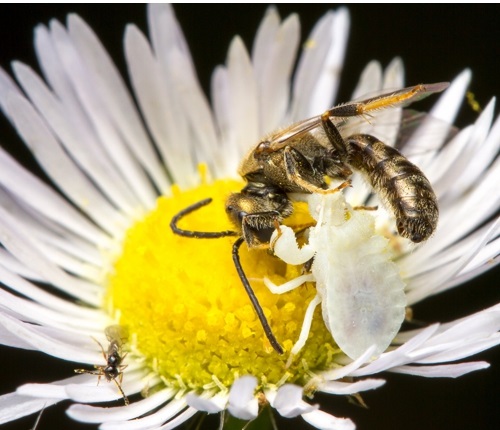
Although most bees can sting and appear to be well defended, they still have many foes. In this presentation, Dr. Matt Bertone will discuss the many enemies bees have, from predators to arthropod parasites and parasitoids.

Bee Foes: Predators and Parasites of Bees
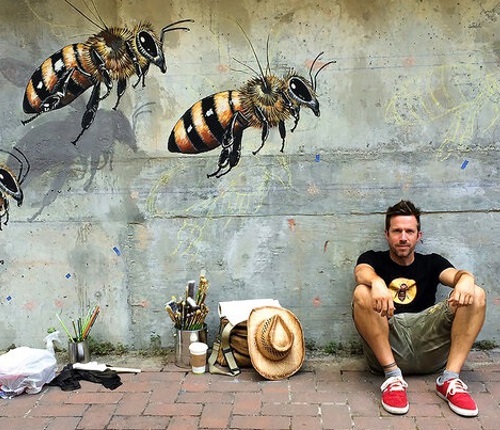
Join us to find out how Matt Willey became inspired to hand-paint 50,000 honey bees in murals around the world and how this passion has changed his life.

Lunchtime Discovery: The Good of the Hive

There is much misinformation in the media concerning the plight of honey bees and other pollinators. This presentation aims to correct some of those misconceptions so that we can focus on how to help our beleaguered bees.

The Full Context of the Bee Crisis
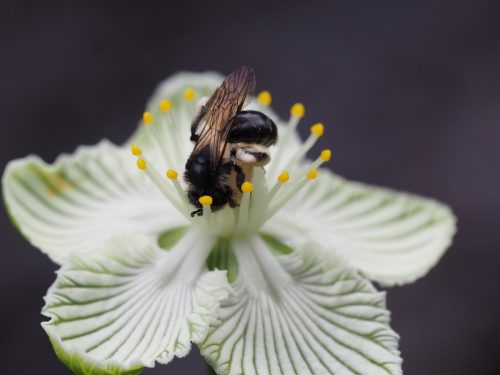
Learn about specialist bees and how you can help them! Many bees are pollen specialists, collecting pollen from a single plant species, genus, or family. Though they may collect nectar from various plants, you can help ensure they have their pollen needs met by planting their host plants or documenting their visits!

Very Special(ist) Bees and the Flowers They Love
Thursday
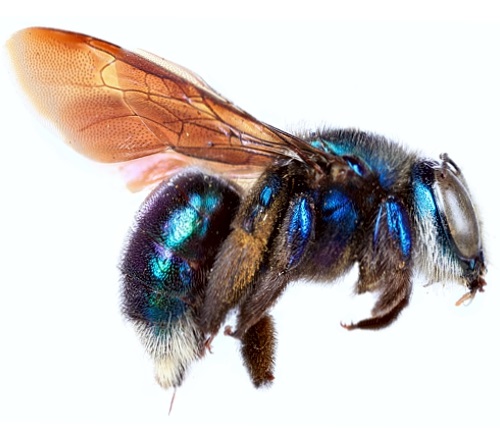
Carpenter bees are not always large, black bees nesting in wood and causing damage to peoples’ homes. Some species are metallic blue, nest in the ground, and fly at night. They are the main pollinators of passion fruits, an important tropical crop.

Carpenter Bees: Ground Dwellers, Nocturnal Fliers, and Passion Flower Lovers?
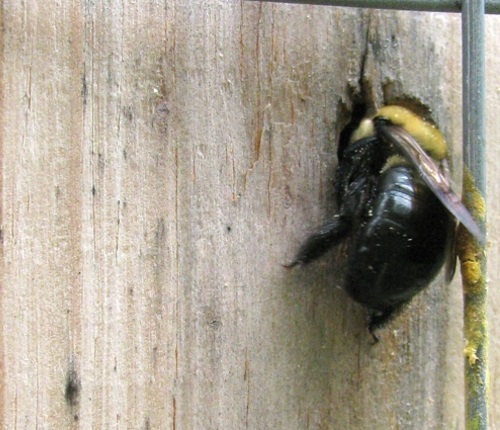
Carpenter bees: They make sawdust of your porch, and they hover in your face every spring. Do you know what they're really up to inside those tunnels? In this talk, we'll take a closer look at the life cycle and lifestyle of your biggest bee neighbors.

Get to Know Your Carpenter Bees
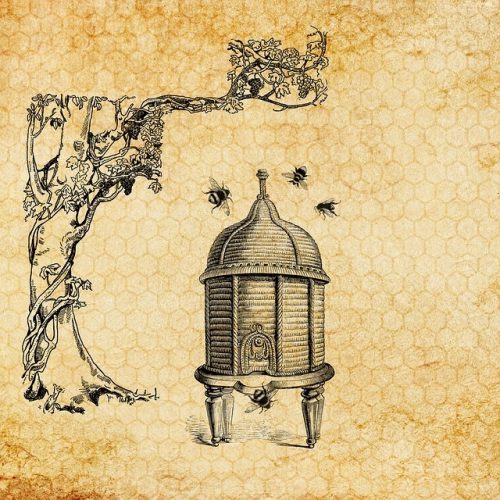
Join us in learning about the history of scientific illustration and play a fun draw-the-bug game! Grab your pencil and paper and let's get drawing!

Illustration Expedition
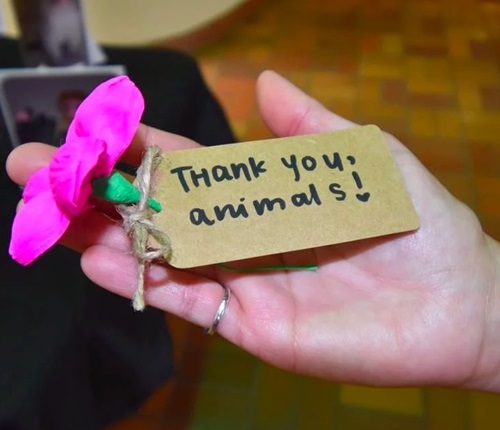
Join Dr. Kristen Bagley to celebrate "Biomedical Research Awareness Day." She will discuss the incredible advancements in human and veterinary medicine thanks to contributions from fruit flies, nematodes, planaria and other "bugs"!

How Fruit Flies (and Other “Bugs”) Keep People and Pets Healthy!
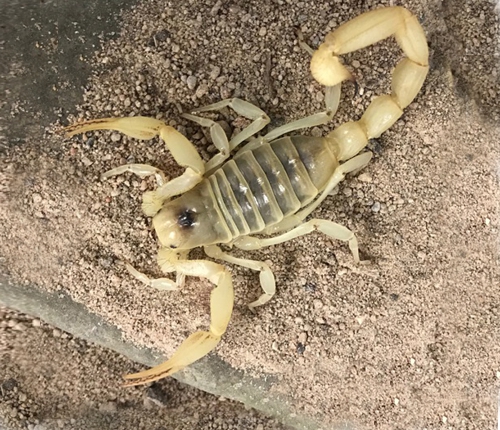
Join us for a live feeding demonstration of a variety of predatory arthropods including tarantulas, scorpions, centipedes and more!

Let’s Feed Some Bugs!
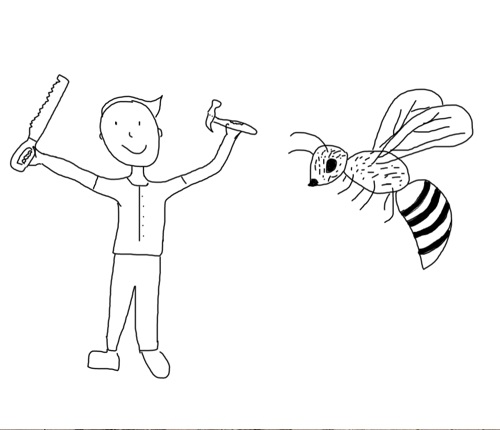
Join us for this family-friendly game to see if you can guess the bug! We will be sketching live ("Pictionary" style) while you try to guess the arthropod before anyone else! You might learn some fun new critter facts along the way, too!


